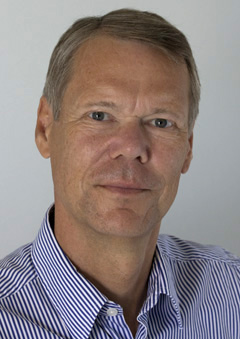 The European Association for the Study of Gambling (EASG) held its tenth conference in Helsinki, September 9-12, 2014. Around three hundred people from all parts of the world participated and there were more than one hundred presentations.
The European Association for the Study of Gambling (EASG) held its tenth conference in Helsinki, September 9-12, 2014. Around three hundred people from all parts of the world participated and there were more than one hundred presentations.
Virtually all aspects of gambling were covered: legislation, regulation, economics, problem gambling, prevention, treatment and cultural history. I presented my report on gambling advertising research.
Of particular interest to us Swedes at the conference were the presentations on gambling regulation and policy in our neighboring countries: Finland, Denmark and Norway. Virtually everyone in the gambling sector in Sweden agrees that we need to modernize our outdated gambling regulation and that we can learn from what has been done in the other Nordic countries. Presentations that were highly relevant in that respect concerned the Danish licensing system for internet gambling, the Norwegian regulation of electronic gaming machines, and the Finnish plans for risk assessment and continuous evaluation of harms caused by different forms of gambling.
However, historical and cultural differences between the Nordic countries are reflected in the views on gambling regulation. Such differences are reflected also in other kinds of regulations, such as those of alcohol: Finland has a monopoly but allows citizens to bring in much alcohol from abroad, although the state actively discourages it; Norway has a monopoly as well as strict customs regulation for bringing alcohol into the country; Denmark allows alcohol to be sold in regular stores; and Sweden has a monopoly but 16 percent of all alcohol consumed in Sweden has been legally brought in from other countries, without the state doing much about that. The similarities to gambling regulations in the respective countries are apparent. The future will tell to what extent the three megatrends of globalization, digitalization and privatization – and processes of glocalization, in which global patterns are expressed in local and particular ways – will affect such historical and cultural structures.
Anyhow, it was a good conference and I look forward to the next one, which will be held somewhere in southern Europe.

